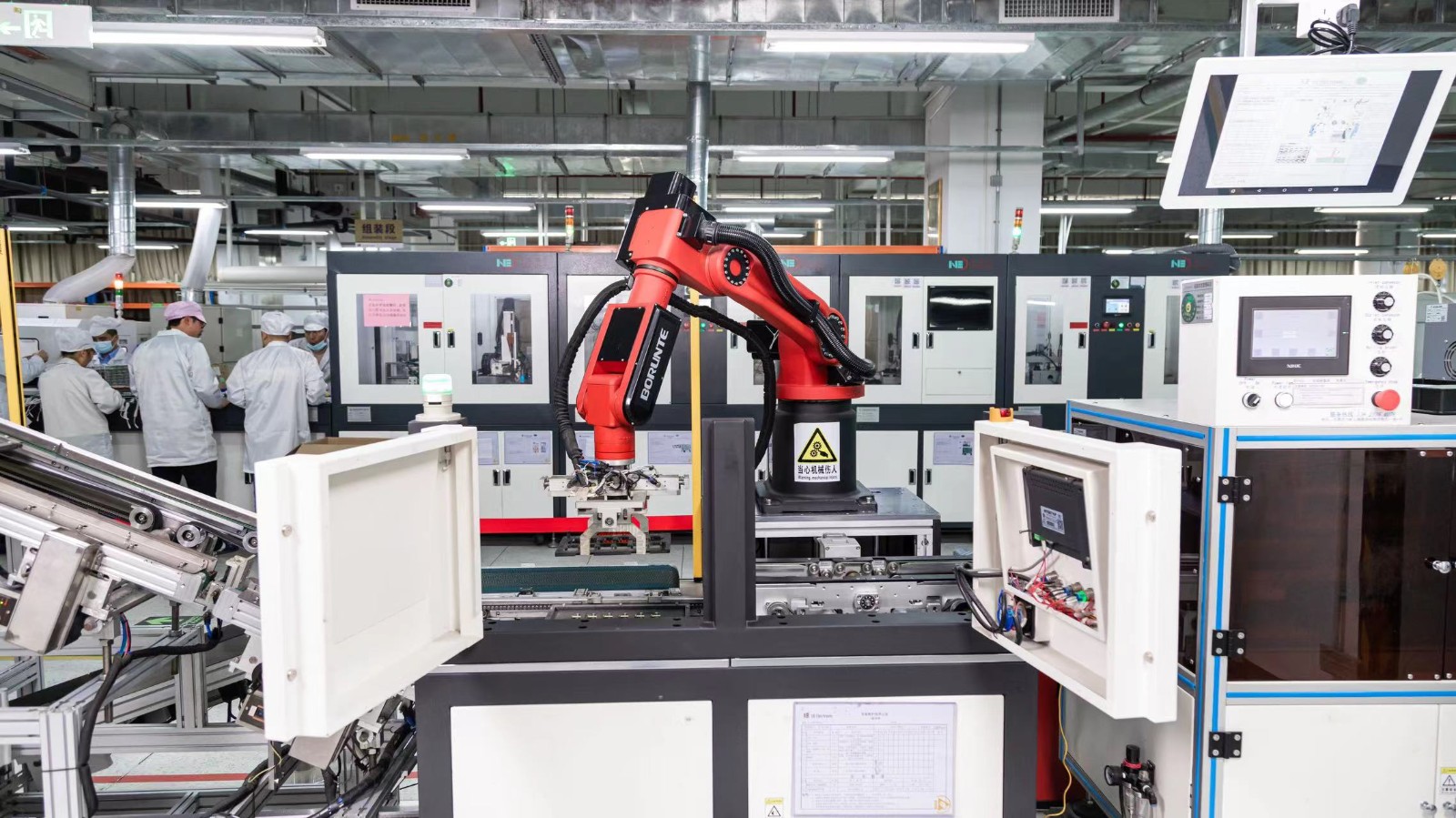Walking into the third episode of UE-- The AI plug-in workshop
2024/5/20 11:12:27Walking into the third episode of UE-- The AI plug-in workshop
What advances and help can AI bring to manufacturing?

1. Predictive maintenance
Before the advent of AI, machine maintenance was tightly scheduled to minimize the risk of accidental failure. Now, companies can leverage predictive AI systems to customize the maintenance needs of each piece of equipment, creating optimized schedules for individual machines and increasing efficiency without increasing costs.
2. Quality assurance
Using AI to enhance quality assurance practices will not only yield better end results, it will also help businesses determine optimal operating conditions on the shop floor and determine which variables are most important to achieving those goals. This reduces the rate of defects and greatly reduces the waste generated, thus saving time and money.
3. Defect inspection
The right system can be trained on a relatively small number of images and then deployed to perform the same work that would normally require dozens or hundreds of workers. In addition, it can perform root cause analysis, enabling companies to address potential issues that might otherwise be overlooked, thereby increasing production and optimizing production.
4. Warehouse automation
Consumers are shifting their buying habits to e-commerce, which means warehouse efficiency is becoming a top priority for businesses that need logistics excellence to stay competitive.
Warehouse automation covers everything from implementing AI solutions to process invoices, product labels, and supplier documentation, to leveraging algorithms to optimize shelf space, which can bring a huge ROI to warehouse operations.
5. Assembly line integration and optimization
To truly optimize production and reduce costs requires more than just collecting data from the manufacturing floor. Information must be scanned, cleaned, and constructed in a way that allows for functional analysis. AI can quickly and easily classify and structure aggregated data across an entire facility, giving people an actionable, practical overview of what's happening at every stage of the production process.
news